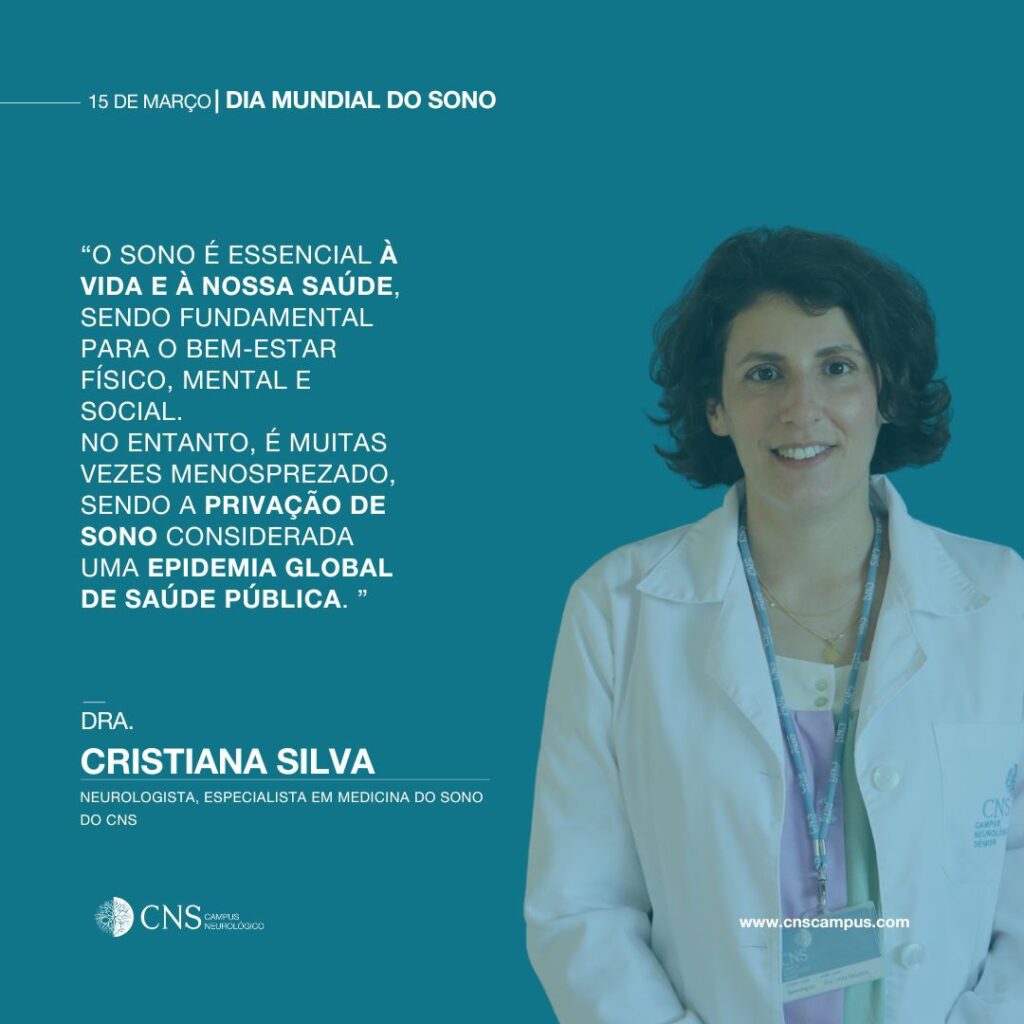Today, on March 15th, World Sleep Day is celebrated globally, promoted by the World Sleep Society, aiming to raise awareness about the importance of sleep health on a global scale.
This year’s theme, “Quality Sleep for All – Improving Global Health,” highlights the disparities in sleep quality worldwide, the challenges associated with it, and the widening health inequalities.
Sleep is a cornerstone of our health and well-being, playing a pivotal role in our physical, mental, and social wellness. Yet, it often gets overlooked, with sleep deprivation being labeled a global public health epidemic. The demands of work, social commitments, and technological intrusions in our lives can compromise not just the quantity but also the quality of our sleep, impacting our overall health and well-being significantly.
Sleep deprivation can impair attention, decision-making abilities, productivity, mood, and increase the risk of accidents. Over the long term, it’s associated with an elevated risk of developing various diseases, including cardiovascular, metabolic, and neurodegenerative conditions like Alzheimer’s disease.
On this World Sleep Day, let’s prioritize our sleep and health. Here are some tips that can make a difference for a restful night:
-Maintain a consistent sleep schedule, even on weekends.
-Ensure a comfortable sleep environment (dark, quiet, and at an optimal temperature).
-Keep mobile phones and screens out of the bedroom.
-Avoid taking unresolved issues to bed.
-Allocate some ‘me-time’ at the end of the day, engaging in relaxing activities about 2 hours before bedtime.
-Adopt strategies to fall back asleep if you wake up during the night: avoid bright lights and clock-watching. If you can’t sleep, get up and engage in a relaxing activity outside the bedroom. Try relaxation techniques.
-Expose yourself to natural light in the morning.
-Regular physical exercise.
-Maintain a healthy diet, avoiding heavy meals, excessive sugar, alcoholic beverages, and caffeinated drinks in the evening.
If you frequently experience sleep-related complaints such as:
-Difficulty falling or staying asleep.
-Frequent awakenings.
-Snoring and/or breathing pauses during sleep.
-Restless sleep.
-Vivid dreams.
-Leg or body discomfort hindering sleep initiation.
-Feeling of non-restorative sleep.
-Daytime sleepiness, tiredness, fatigue.
Don’t hesitate to seek help. There are healthcare professionals specializing in Sleep Disorders who can assist you.
Take care of your sleep and those close to you. Together, we can improve our sleep and contribute to enhancing global health.
Dr. Cristiana Silva,
Neurologist, Sleep Medicine Specialist
CNS – Campus Neurológico
